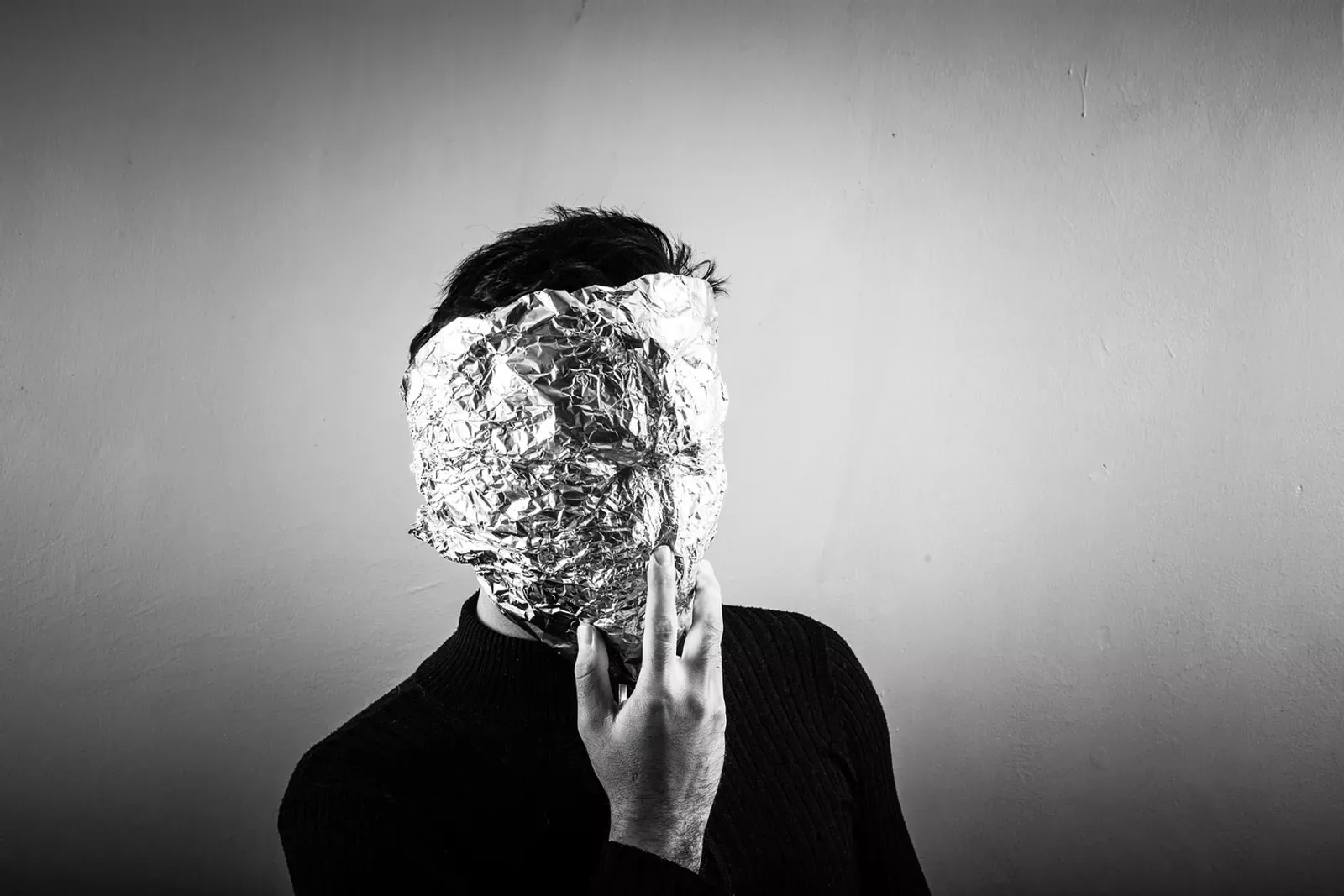Evidence Unseen: A Christian Interacts with Oasis
Faith is a funny thing. You don't know it's there until you see it-- and it's not necessarily religious. It's that twenty minutes you wait for a date to show up, hoping they won't ghost you. Or the space between the time your check engine light goes off, and your next paycheck.
For me, that leap was coming out as gay to my evangelical family. They were not encouraging or kind and painted bleak pictures of my future. They used religion as a bludgeon. No one saw me as having the same value anymore because of what their view of God said of me. I threw that God off like a much too heavy backpack.
I only came back to religion by accident, but it wasn’t the same one I left. I felt like I was drowning at my job, and I needed a third place to be that wasn't home or work. The small Episcopal parish just a few blocks from my house was a balm. I got to be seen and to pray with people who believed I had just as much right to be heard by God as anyone. Now, I often talk about my community and invite people if finding a faith community is mentioned.
Still, I knew many folks in the gay community had been burned by religion, as I had, and had other views. I wanted to know what else was out there for them. That's how I found Houston Oasis.
The five tenets printed on a banner at the front of the room struck me:
- People are more important than beliefs
- Reality is known through reason
- Meaning comes from making a difference
- Human hands solve human problems
- Be accepting and be accepted
In my new faith tradition, many of these things were also true. Instead of saying things like, "The Bible is clear," as people in my Baptist faith had done, we recognize tradition and reason as well, and don’t pretend a book full of story, poetics, and prophecy is a rulebook. It is rooted in an ancient culture and tradition that we no longer inhabit and often has different meaning than what is simply stated.
I have seen the traditions and movements of Oasis in the structure of their gatherings and the issues that sit with them as they actively pursue volunteer work and continued invitation. Oasis and its members have become a living book. I would even say it is sacred in its form as people live together in community, as they share knowledge and expertise each week. Those talks often lead to action in the way that Oasis volunteers and interacts with the community around them. While my church adds prayer and belief in God to our movements, I always hope we pull that forward, as I have seen Oasis do in the actions they accomplish together.
I write this all with a nervous hand. I know the church has influenced lives in negative ways for many humanists as it has for the LGBT community. And I imagine, as I do, many also have religious people in their lives who disagree with them and wish to police their words and actions. They may want you to bow your head during prayer, ‘say a few words’ to a deity you don’t believe in, or not offer your perspective because it differs.
These are, of course, unfair asks. If compromise is not there it may be necessary to disengage, but if you can build empathy through shared experience and acknowledge the concrete realities you do share then great work can be done together at work, in your home, or in whatever third space you find yourself sharing with people of faith.

